Contents
Page List
Guide
Ron Scharas
Minnesota
Ron Scharas
Minnesota
Mostly True Tales of a
Life Outdoors
RON SCHARA
Ron Schara is a former employee of Star Tribune Media Company LLC in Minneapolis, Minnesota. Some of the articles in this book were first published in the Star Tribune newspaper or on StarTribune.com. Those articles and photos are copyright by Star Tribune Media Company LLC and are reprinted here with permission. Star Tribune retains all copyright and syndication rights for those articles and photos.
Other text and images copyright 2021 by Ron Schara. Additional materials copyright 2021 by the Minnesota Historical Society. All rights reserved. No part of this book may be used or reproduced in any manner whatsoever without written permission except in the case of brief quotations embodied in critical articles and reviews. For information, write to the Minnesota Historical Society Press, 345 Kellogg Blvd. W., St. Paul, MN 551021906.
mnhspress.org
The Minnesota Historical Society Press is a member of the Association of University Presses.
Manufactured in the United States of America
10 9 8 7 6 5 4 3 2 1
 The paper used in this publication meets the minimum requirements of the American National Standard for Information SciencesPermanence for Printed Library Materials, ANSI Z39.481984.
The paper used in this publication meets the minimum requirements of the American National Standard for Information SciencesPermanence for Printed Library Materials, ANSI Z39.481984.
International Standard Book Number
ISBN: 978-1-68134-192-7 (paper)
ISBN: 978-1-68134-193-4 (e-book)
Library of Congress Control Number: 2021930817
This and other Minnesota Historical Society Press books are available from popular e-book vendors.
To Denise, who for more than half a century kept the home fires burning while I ventured far and wide in search of the next story.
To my daughters, Simone and Laura, who have grown into women with their own hopes and dreams, including the next fish, the next pheasant, the next wild turkey.
To grandson Jake, who at age eight easily whacked my pitched tennis balls into the Rum River and who at age fourteen followed his grandpa in pursuit of gobblers.
Now as a young man, Jake follows his own dreams, which include whacking home runs in the major leagues.
CONTENTS
FOREWORD
If you dont want to be forgotten as soon as you are dead, either write things worth reading or do things worth writing about.
Benjamin Franklin
On the pages up ahead is my life. Well, okay, not all of my living days, but many of them. After all, for more than half a century Ive been gathering stories from all corners of Minnesota and neighboring states, plus wild places elsewhere in North America, including duck swamps in Canada and distant landsfrom the plains of South Africa to Brazils Amazon River to Norways Arctic Circle, where I was fishing on September 11, 2001.
This book was not meant to be about me. For that reason, details of my life, the joys and the sorrows, the wins and the losses, the whining and the gloating are not included. In these pages are my stories as told by me with, at times, a little journalistic license included here and there.
For example, my Uncle Harvey Dickens, one of my moms brothers, really wasnt the family hillbilly in the pure sense of the word. He was a wonderful uncle who sent me fancy silk Japanese jackets and handmade bamboo fly rods from Japan during his army days in the Korean War. However, Uncle Harvey was dumb like a fox, just like a hillbilly might be. Heres how: He was a rattlesnake hunter in northeast Iowa. Back then, the only good timber rattlesnake was a dead one. The local county paid a bounty (dont remember how much) for every rattlesnake tail brought to the courthouse. Like I said, Uncle Harvey was no dummy. When he caught a female rattler who was ready to give birth, Uncle Harvey kept her alive in an empty horse tank. When the babies were born, the tails of mother snake and baby snakes all went to the courthouse for bounty money.
Hey, a mans gotta make a living, which included being a penny pincher. The last time Uncle Harvey and I fished together for walleyes on Serpent Lake at Crosby, Minnesota, the end of his fishing line was a sight to behold. Hook, line, and his sinkers once were nuts from some unknown machines. RIP, Uncle Harvey.
As I reviewed and reread the stories in these pages, I noticed a few trends that sadden me to this day. Often I wrote about losses or degradation of boyhood haunts. Nothing stays the same, I know. In this case, however, the changes were for the worse. And you feel shame and pain because the next generation will not have what you had.
When I began writing about wildlife and about hunting, there was no animal rights movementjust a few little ol ladies in tennis shoes, as they were often described. Those are not my words. Nevertheless, more and more Americans began to subscribe to the concept of animal rights and began to demand more humane treatment of animals on the farm or at packing plants. Often, it was the right thing to do.
It didnt stop there, however. Americas hunters and wildlife agencies also became targets of criticism by animal rights advocates who claimed hunting wasnt necessary anymore; sport hunting was just killing for fun. Wearing animal fur also was proclaimed a sin; trapping was cruel and unnecessary, they said.
As the outdoor columnist for the Minneapolis Tribune, what was I to do? Wade into the debate, of course. A debate that naturally became endless. I dont regret opposing animal rights positions or the hate mail that followed my criticisms. As an Iowa State University graduatestudying fish and wildlife biology combined with journalismI found the hypocrisy so inherent in animal rights protests simply could not be ignored.
We should stop wearing fur, the animal rights extremists demanded. Fur is an animals skin with the hair on it. Nothing was said about wearing animal skins with the hair removed, such as leather shoes and leather coats. I wondered: What would the Holstein cow say about this? Its okay to wear my skin on your shoulders but not that of the mink? Is a cows life less sacred than a minks?
Eating wild game was cruel too, they claimed. We should eat plants, not animals. What? Where do our plants come from? The answer is from fields that once were homes to wildlife, homes eliminated when the plows moved in. Clearing fields for vegetables, using chemicals and so forth may be more damaging to all wildlife than a hunters gun. Nobody talks about that.
Okay, enough. Hunting and animal rights are here to stay. Cant we just get along?
Sometimes my stories stirred my own passions. When I discovered the joy of hunting wild turkeys, my life was forever changed. I was inspired to start the first Minnesota chapter of the National Wild Turkey Federation and become its first president. We led the effort to restore wild turkeys in Minnesota.
I watched the first Ducks Unlimited chapter in action. Hunters determined to improve the lives of waterfowl and themselves. I helped start the second DU chapter in Rochester, where I knew a foot doctor, Dr. Bob Sabbann, who cherished duck hunting and agreed to help.

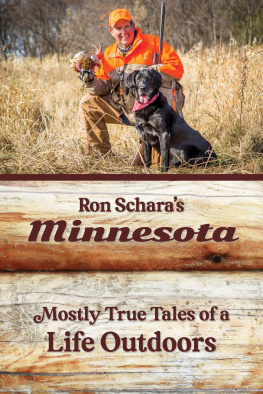
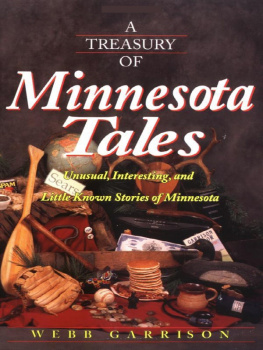
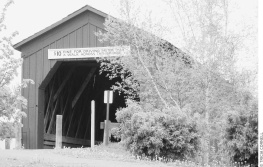
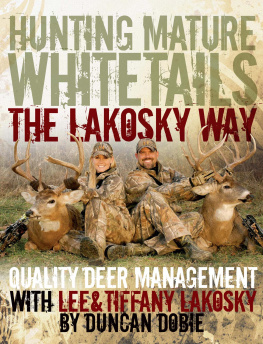
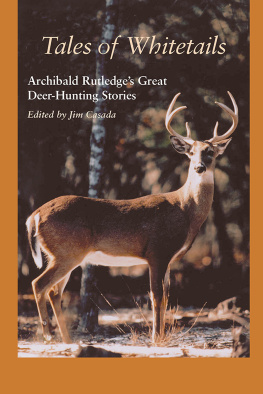
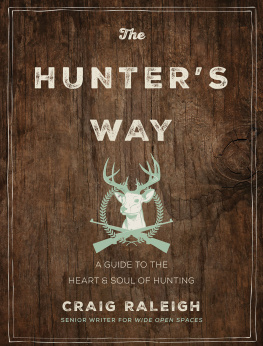
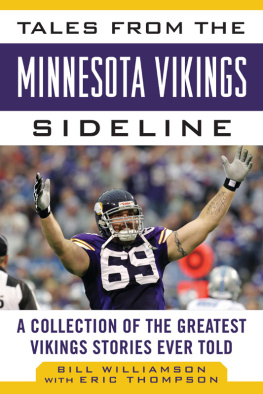
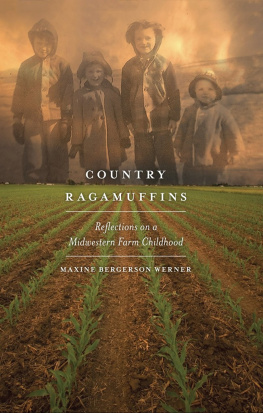
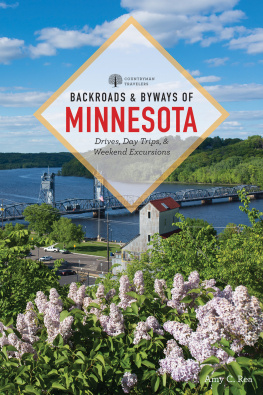

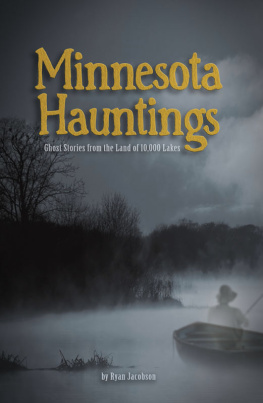

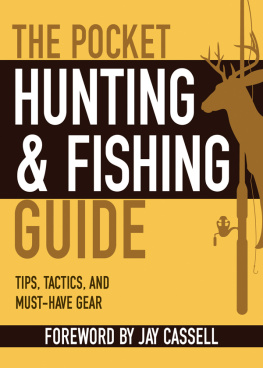



 The paper used in this publication meets the minimum requirements of the American National Standard for Information SciencesPermanence for Printed Library Materials, ANSI Z39.481984.
The paper used in this publication meets the minimum requirements of the American National Standard for Information SciencesPermanence for Printed Library Materials, ANSI Z39.481984.